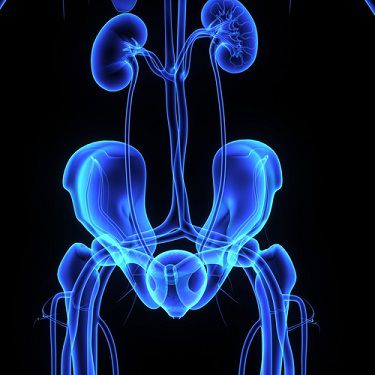
You’ve received a scary diagnosis: the doctor has told you that you have bladder cancer. You may feel a wide range of emotions and you may be wondering what your diagnosis means. It is important that you talk to a doctor you trust to have your individual questions answered and that you take control of this situation by becoming informed about bladder cancer so that you can get the help that you need.
Symptoms of Bladder Cancer
Bladder cancer is a serious and potentially deadly disease. Thus, it is important to recognize the symptoms of bladder cancer, which include:
- Blood or blood clots in the urine.
- Urinating small amounts frequently.
- Painful urination.
- Weight loss.
- Anemia.
- A growth in the pelvis.
- Pain in the lower back around the kidneys.
Your prognosis may be better if the disease is diagnosed quickly and at an early stage.
The Different Stages of Bladder Cancer
If you develop bladder cancer then one of the first things that the doctors will do is to determine the stage of your bladder cancer. Below are the possible stages of bladder cancer and what the classifications mean:
- Patients with Stage 0 bladder cancer have a 98 percent five-year relative survival rate. A Stage 0 diagnosis means that there is cancer present, but that there is no evidence of a primary tumor.
- Patients with Stage 1 bladder cancer have an 88 percent five-year relative survival rate. Patients with this diagnosis have cancer cells in the inner layers of the bladder. At this stage, bladder cancer is often curable.
- Patients with Stage II bladder cancer have a 63 percent five-year relative survival rate. Stage II patients have had the cancer invade their bladders, but the cancer is still confined to the bladder.
- Patients with Stage III bladder cancer have a 46 percent five-year relative survival rate. A Stage III diagnosis indicates that the disease has spread from the bladder to the surrounding tissue.
- Patients with Stage IV bladder cancer have a 15 percent five-year relative survival rate. This most serious stage of bladder cancer indicates that the cancerous cells have spread to the lymph nodes and other organs.
Of course, your own recovery depends on numerous factors including your overall health before developing bladder cancer, your age, your treatment plan, the specific type of bladder cancer you’ve developed, and other things that you should discuss directly with your doctor.
Treatment for Bladder Cancer
You are committed to doing what you can to address your bladder cancer and to continue living. While only a qualified medical doctor can tell you what your specific treatment should plan should be, you should be prepared to talk to your doctor about:
- Surgery.
- Radiation therapy.
- Chemotherapy.
- Biologic therapy.
- Clinical trials.
The option that is right for you will depend on many factors, including your stage of bladder cancer and your overall health.
Your treatment may cost a significant amount of money; however, financial concerns should not keep you from getting the care that you need. Surgery, radiation, and chemo can be expensive and may keep you from working. Both your medical bills and your regular everyday living bills can pile up quickly. However, there may be financial help available for you if you developed bladder cancer due to a prescription medication.
Important Research Is Being Done
The American Cancer Society reports that research is currently being done to:
- Develop easier ways to diagnose bladder cancer. Bladder cancer that is caught in the early stages is typically easier to treat.
- Reduce the risk of bladder cancer recurring. This may ease your mind when you go into remission.
- Create new ways of treating bladder cancer. New treatments may have fewer harsh side effects and be more successful in treating bladder cancer.
While it is difficult to anticipate when, or if, this research will result in positive changes for bladder cancer patients, the research remains important and provides patients and their families with hope.
We hope that this information is a helpful starting point for you during this difficult time and we encourage you to talk to your doctor about your diagnosis, your treatment plan, and your prognosis.
RELATED LINKS